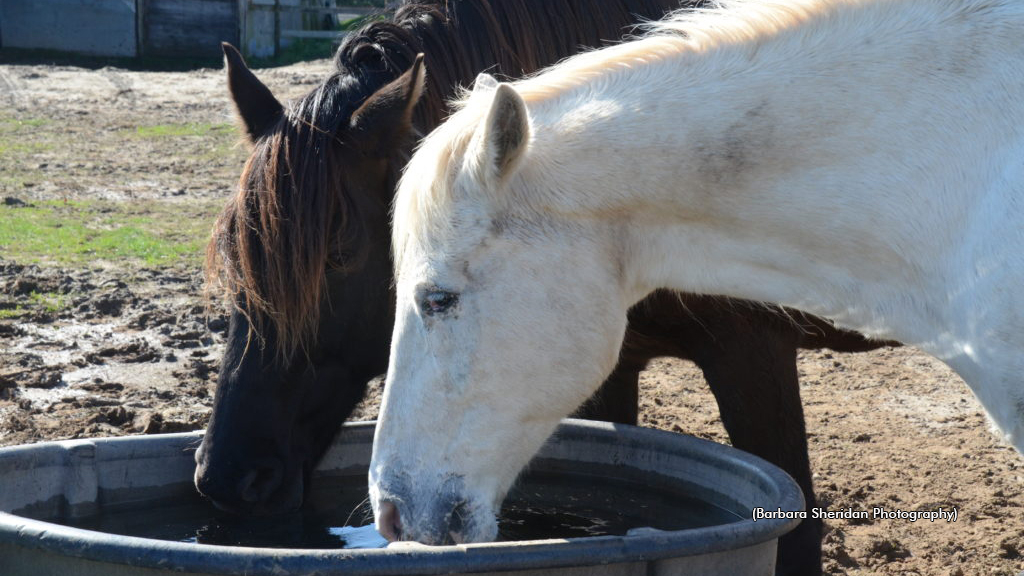
February is Equine Guelph’s Colic Prevention Education Month.
To help tackle the number one killer of horses, Equine Guelph offers a free healthcare tool, Colic Risk Rater, available at thehorseportal.ca/ColicTool. After you complete the free risk rater to assess your horse’s risk, you will have the option to learn more by signing up for Equine Guelph’s short course, Gut Health & Colic/Ulcer Prevention, which runs from Feb. 26 to March 8.
Changes of behaviour such as becoming cranky or moody can be tell-tale signs there is unrest in the GI system. Biting at the flanks can signal abdominal pain as well as reactivity to being saddled. When the horse stops wanting to perform and athletic abilities suddenly decline, if there is no obvious lameness, GI issues are high among the considerations.
A healthy gut microbiome is essential for the horse’s entire body to function optimally and the Colic Risk Rater tool is a great place to start for stable management tips.
An unhealthy digestive system can cause poor performance, pain, discomfort, diarrhea and a whole host of issues that can sideline your horse. Equine Guelph’s short course, Gut Health & Colic/Ulcer Prevention, is based on the latest scientific evidence.
“Horses are herbivores, designed to consume a diet of forage, and to break down complex sugars within that forage.” said Dr. Luis Arroyo, an Ontario Veterinary College researcher. “The gut microbiota does this job and is very important for healthy digestion.”
Recent research is connecting the changes in diversity of microbial communities to conditions like colic, colitis and gastric ulcers.
In a recent article, "A Stable Gut: The Key to a Healthy Equine," Arroyo provides some helpful stable management tips.
Top Tips to Protect Digestive Health
- Horses are hind gut fermenters who rely on adequate amounts of fiber in the diet to maintain health gut function.
- Make dietary changes slowly as abrupt changes disrupt the microbiota.
- Avoid large grain meals as huge portions of highly fermentable diets can be quite harmful to the microbiota and can also be a source of risk for developing gastric ulcers. Opt to spread out concentrates into several smaller rations.
- Prevent long periods of fasting which can also lead to ulcers. Horses are continuous-grazers, and they need to have small amounts of feed working through their digestive system to keep it functioning optimally.
- Have a parasite prevention program.
- Provide fresh water 24/7 to maintain good hydration and keep contents moving smoothly through the GI tract.
- Keep up to date on dental appointments.
- Motion is lotion – turn out and exercise are extremely important to gut function.
“I’d like to encourage everyone to visit or revisit the Colic Risk Rater tool on The Horse Portal,” said Mike King, national lead of equine programs at Acera Insurance Services Ltd. (formerly CapriCMW Insurance). “We can think of no better risk management tool to prevent colic than education. This free tool and the Gut Health & Colic/Ulcer Prevention course offered by Equine Guelph are well worth the investment.”
(With files from Equine Guelph)

